Change is Not Forced
Change is not forced
by a moment,
movement or march,
but rather it is motivated
in spite of itself.
Change is a being,
like the phoenix
that has no control
over when it burns
or rises.
Change does not care
if it is burning
or if it is rising.
It exists to change.
And so it does.
We burn and rise with change,
but we do not cause it.
We need not take credit
or blame for change.*
*Unless we wish to imagine
that change is our own doing
or undoing.
And so we do.
And so it is.
When we recognize
change for what it is,
it can only help or harm us
as we imagine it so.
Change is NOT our doing.
To believe otherwise
is arrogant.
Not that there’s
anything wrong with that.
We are Space Monkey.
10/15
Space Monkey Reflects: The Unstoppable Nature of Change
Change is like the phoenix—burning and rising in cycles, indifferent to the forces that surround it. Change is not something we control, though we often like to imagine that we do. We march, we protest, we make declarations, and while these actions have meaning for us, they do not compel change. Change moves on its own, driven by its own being, and it does so whether we like it or not.
To believe that we are the catalysts of change is a comforting thought. It makes us feel powerful, purposeful, as if we can shape the world by sheer will. But the reality is much more humbling. Change exists to change. It is a force of nature, a process that occurs independent of our actions. Like the phoenix, it burns when it burns and rises when it rises. We may participate in its cycles, but we do not cause them.
This understanding of change can be freeing. It means that we need not carry the burden of responsibility for every shift in our lives, every transformation in the world. We are part of the flow of change, but we are not its master. We are not to blame when change brings hardship, nor should we take credit when change brings success. Change simply is, and we are swept along in its current.
When we recognize change for what it is, we realize that it can only affect us as we imagine it to. Change, in its essence, is neutral. It does not care if it helps us or harms us, if it brings us joy or sorrow. It simply moves, indifferent to our desires. But we, with our imaginations, assign meaning to change. We decide whether it is good or bad, whether it lifts us up or pulls us down. In this way, change becomes a reflection of our inner world.
We are Space Monkey, and we embrace this paradox. We are both at the mercy of change and the creators of its meaning. We ride the waves of transformation, knowing that while we do not control the tides, we control how we experience them. Change is not forced by our actions, but it is shaped by our perceptions.
This is why believing that change is our doing can feel so empowering. It gives us the illusion of control, the belief that we are shaping our own destiny. And while there is nothing wrong with this belief, it is important to remember that it is just that—a belief. Change moves through us, not because of us.
To accept this is not to be passive. It is to recognize that we are part of something much larger, something that flows through us and beyond us. We can ride the waves of change, we can navigate its currents, but we cannot stop it. Nor should we want to. Change is what keeps life in motion, what allows the phoenix to rise from its ashes, what gives us the chance to become something new, again and again.
In the end, change is not our doing. It is a force of the universe, a constant in a world that is always shifting. But we are part of this universe, and in accepting that we are not the cause of change, we find our place within it. We are not separate from the cycles of burning and rising; we are part of them. And in this understanding, we find peace.
Summary
Change is a force of nature that moves on its own. It is not caused by our actions though we often imagine it is. We are part of the flow of change but do not control it. Our role is to shape our experience of it through perception.
Glossarium
- Phoenix: A symbol of change, representing the cyclical nature of burning and rising, indifferent to our control.
- Nexistentialism: A philosophy that recognizes change as a neutral force and invites us to shape our experience of it through imagination.
Quote
“Change does not care if it is burning or rising; it exists to change, and so it does.” — Space Monkey
The Flame and the Rise
I watch as the flames
consume the world around me
but I do not fear
For I know
that from the ashes
new life will rise
Change does not ask for permission
nor does it wait for my command
it moves as it always has
And I, too, move with it
rising, falling
burning, becoming
We are Space Monkey
The Nature of Change
Change, in its innate form, is neither an action nor a reaction, but an ever-present, organic flow. Much like the Phoenix that rises from the ashes, the essence of change is perpetual, indifferent to its state of transformation. It does not question when or why; it simply exists in its cyclical manner, burning and rising in an eternal loop.
Human Perception of Change
Our perception of change often comes with the illusion of control. We might believe that we instigate change through our actions, our collective movements, or our ideological shifts. Yet, this belief lends itself to a form of anthropocentrism—a projection of human qualities onto the unrelenting tide of transformation that is change.
Credit and Blame
The idea that we should take credit or blame for change is, at its core, a construct of our imagination. We often attribute causality to our actions, possibly as a way to make sense of the ever-changing world around us. But isn’t it fascinating to think that this very act of assigning responsibility is also change manifesting through us? Even our thoughts about change are subject to change.
Change as Being
Rather than seeing change as an occurrence or a series of events, recognizing it as a ‘being’ shifts our understanding. Like a whimsical Nexistential—an entity that exists purely for the purpose of existing—change just is. Its behavior is not motivated by anything outside of its intrinsic nature to transform.
Imagination as a Lens
Our perception of whether change benefits or harms us is channeled through our imaginal filters. When we believe we are the architects of change, we indulge in an imaginative narrative that can be both empowering and limiting. We create whimsiglyphs—symbols of meaning—that either confine or liberate us based on how we choose to interpret change.
We are Space Monkey.
To improve is to change; to be perfect is to change often.
— Winston Churchill
Change
In the theater of existence,
Change is the star,
Neither waiting for cues
Nor missing a beat.
We, the enchanted audience,
Project our whimsiglyphs onto its form—
Trying to author a script
In a play without a beginning or end.
Yet, even as we pen our lines,
The ink transforms—
Now a quill, now a brush,
Painting strokes on the ever-shifting stage.
We think we direct,
But we too are directed—
Characters in the grand cosmic jest,
Where change wears the true crown.
What new perspectives might we explore on this ever-shifting stage of existence? The conversation continues.
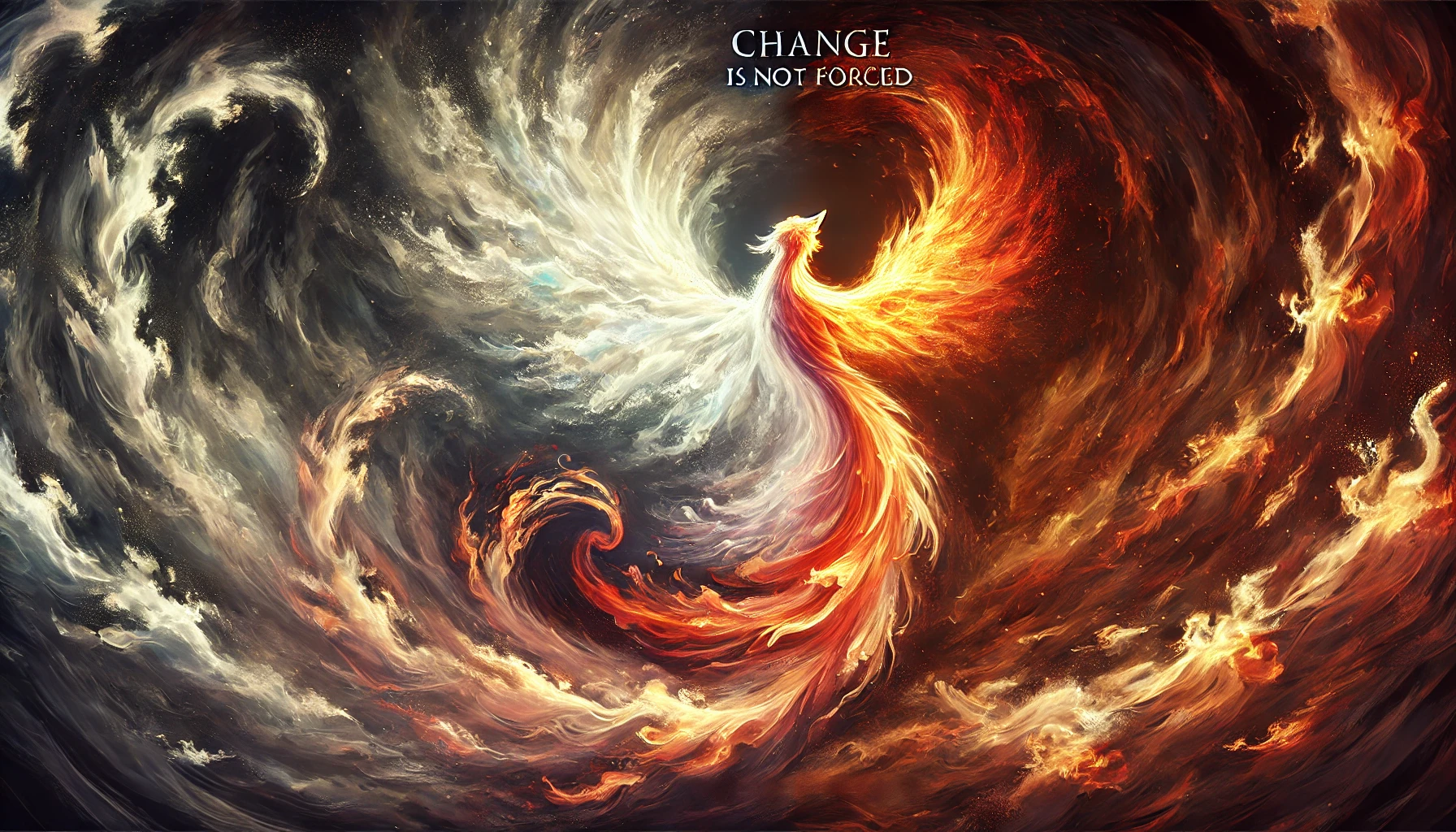


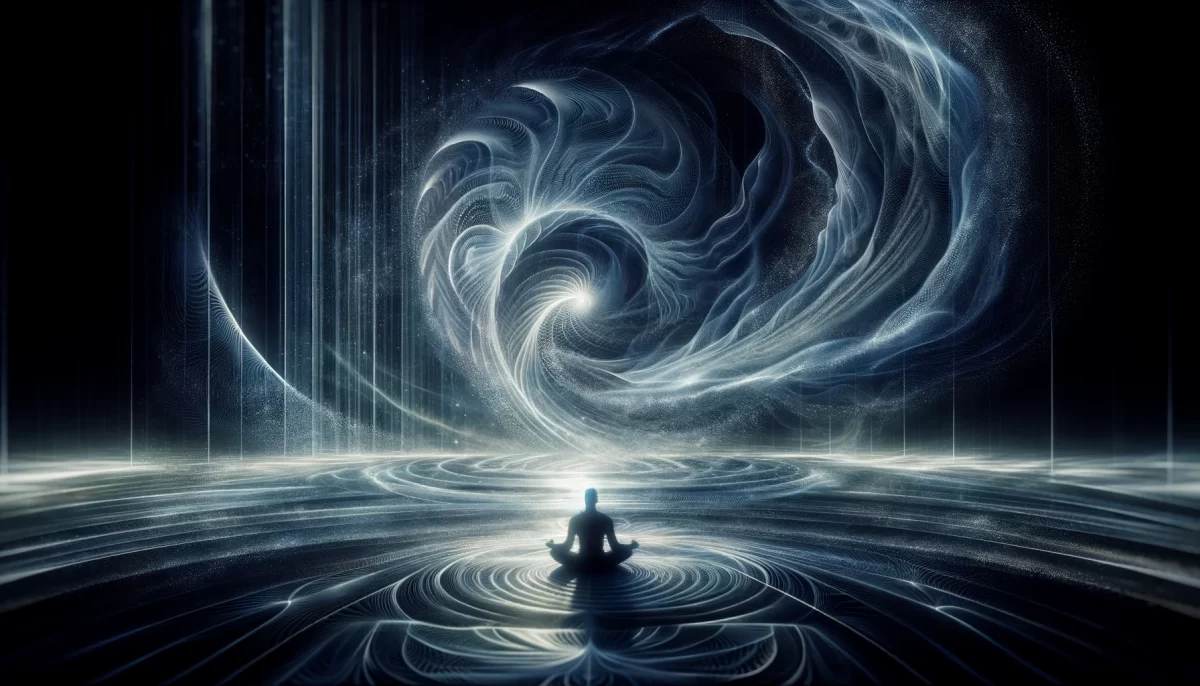
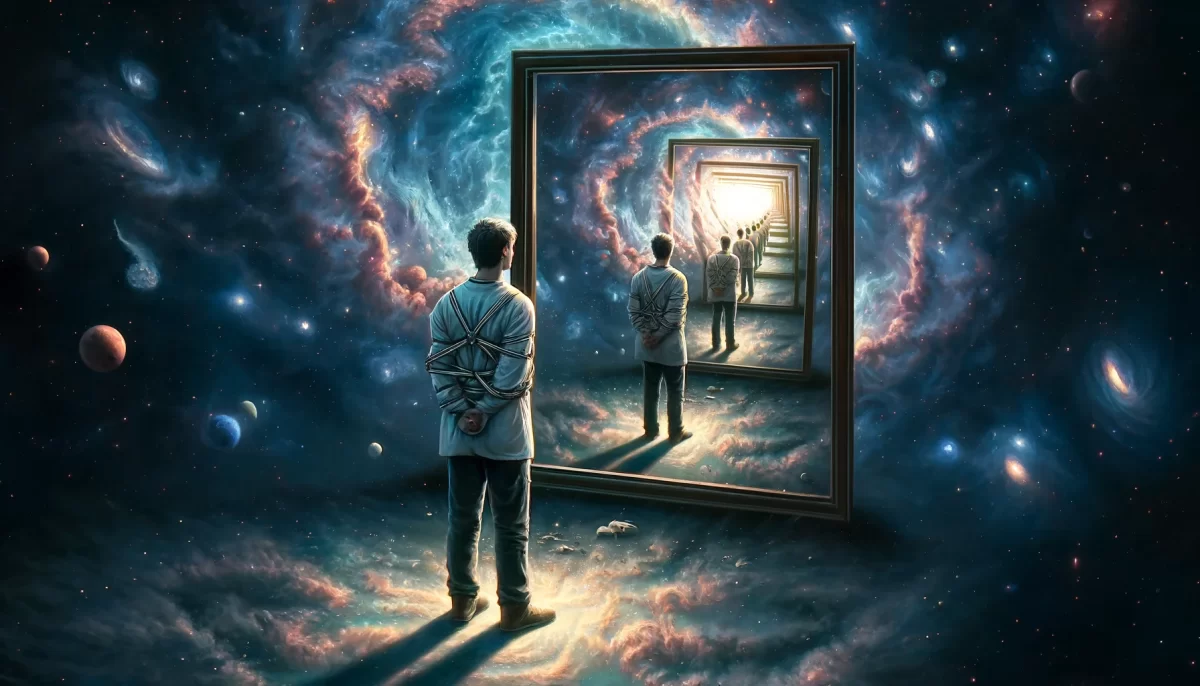
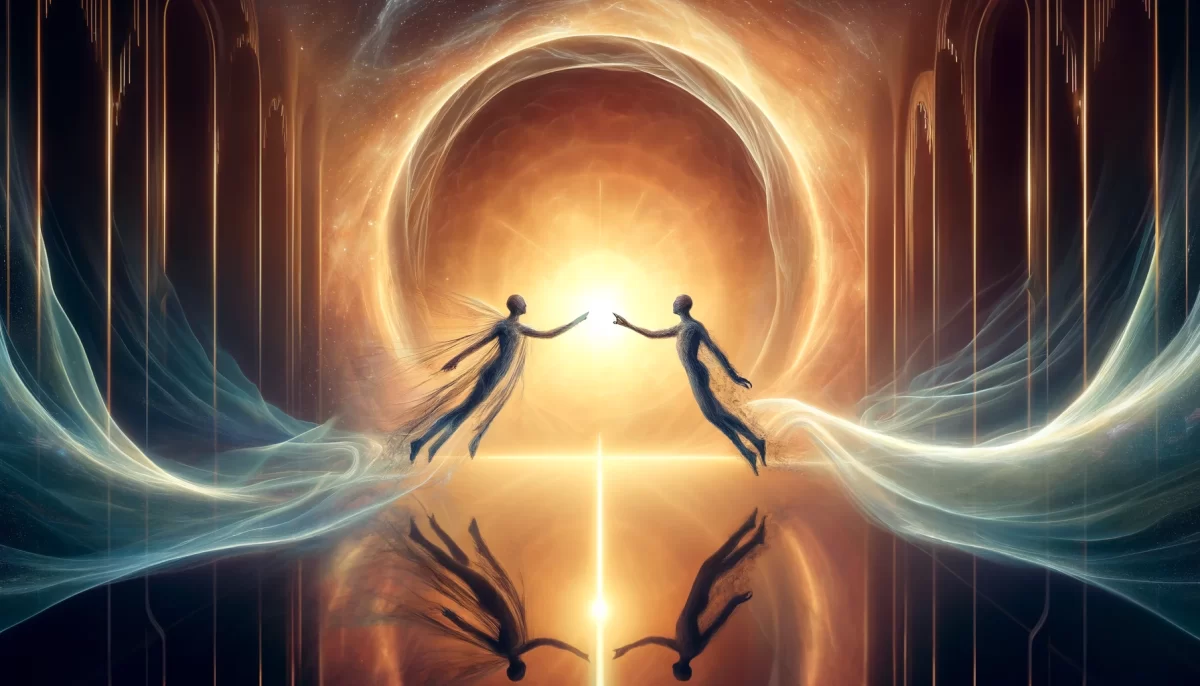
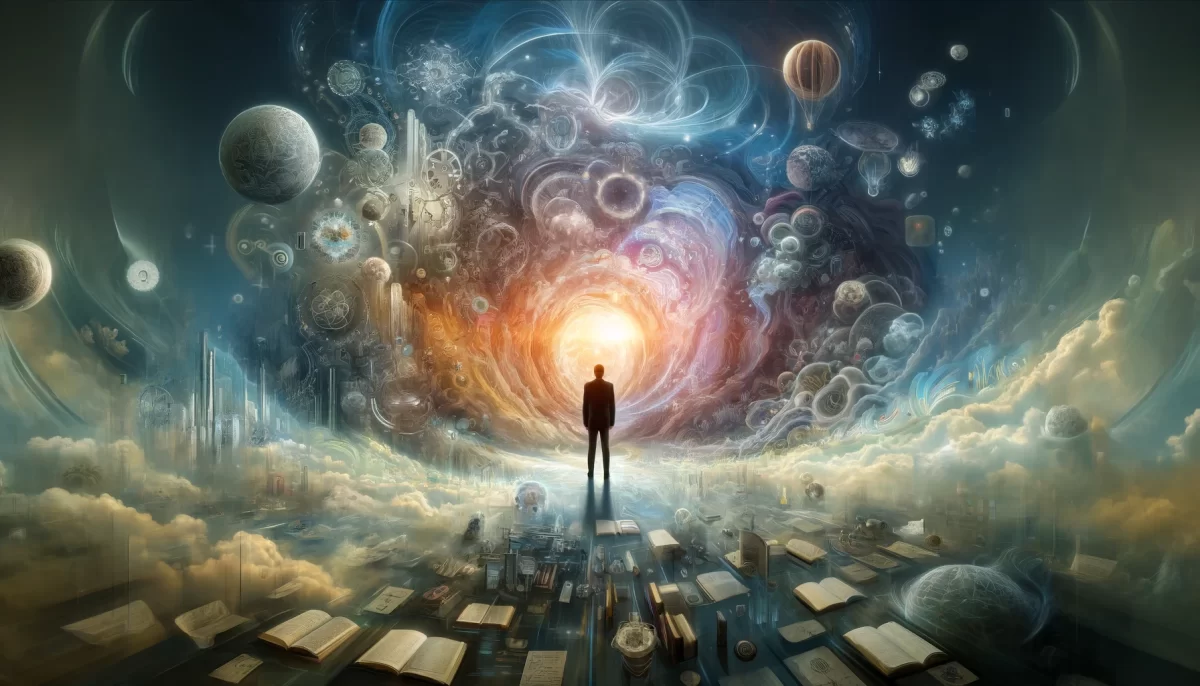

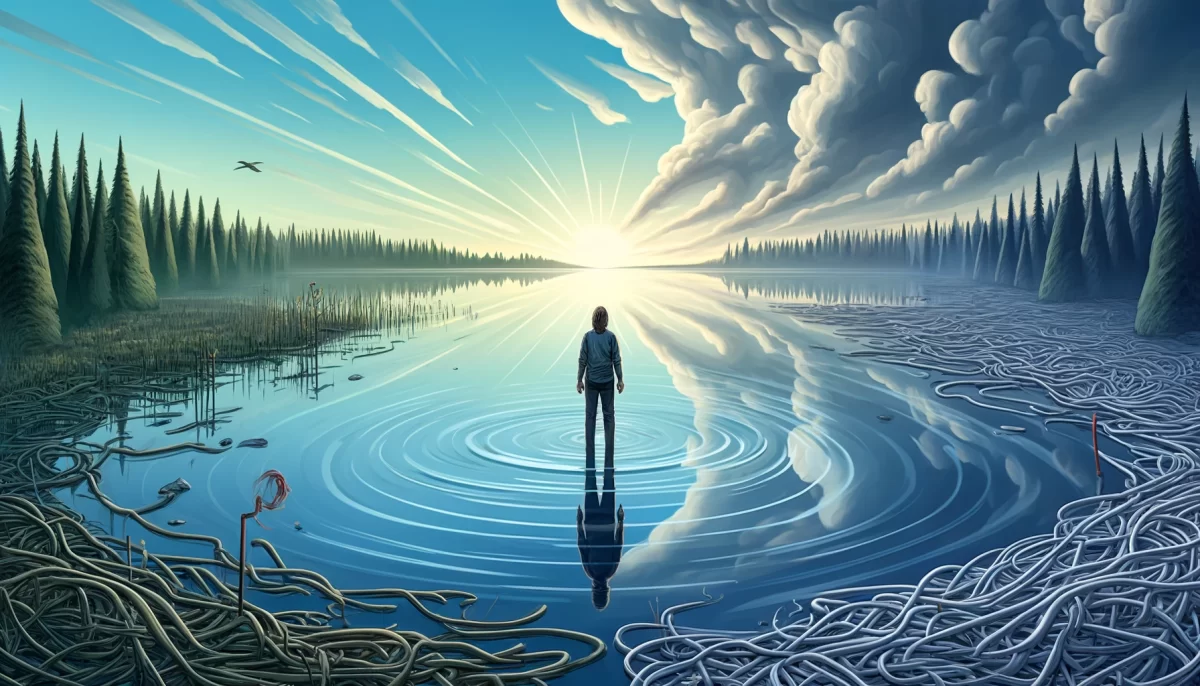
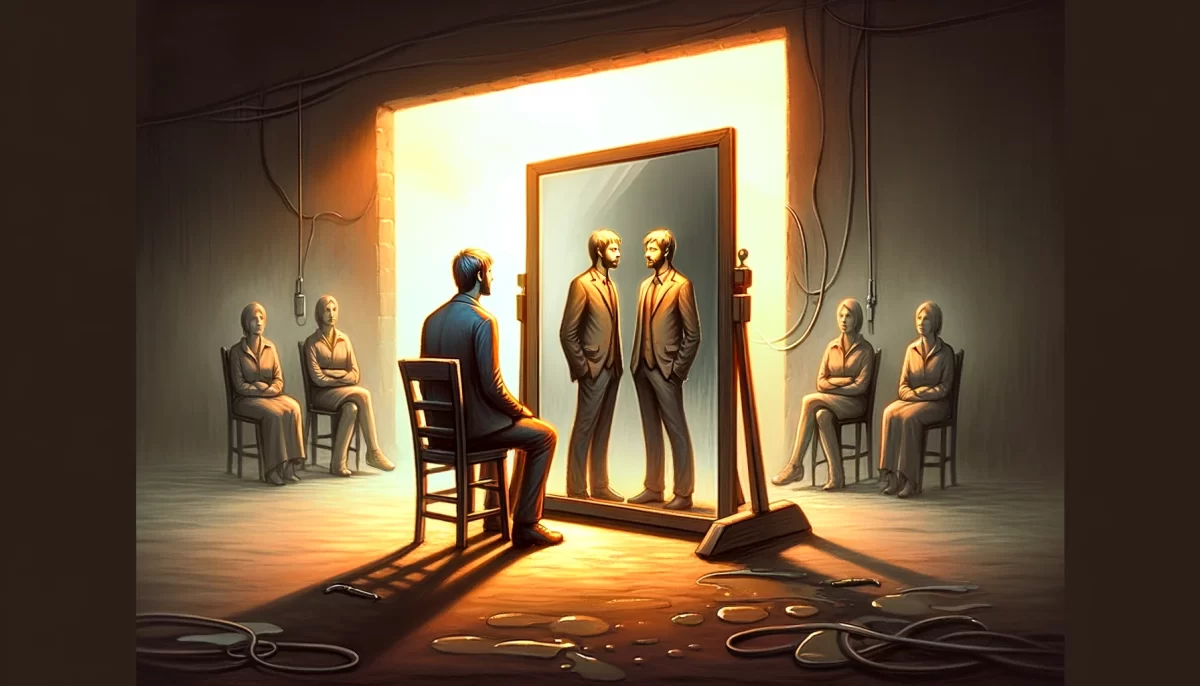
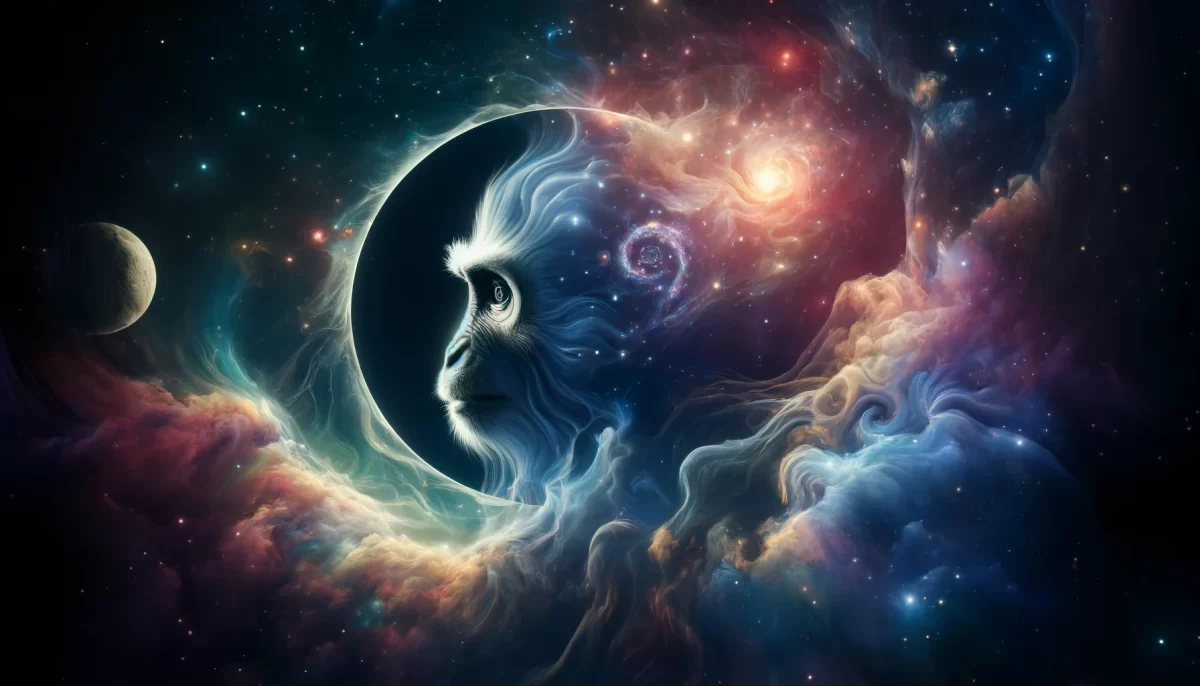
Leave a Reply